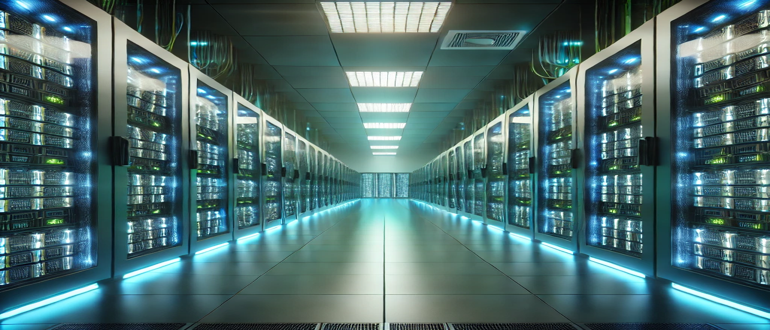
Over the past few decades, I’ve worked across the data infrastructure industry — from my early years as an IBEW Master Electrician building complex networks, to leading large-scale construction programs in New York City. As a program manager, I directed the buildout of new data centers and IT infrastructure for one of the city’s largest airports. I’ve managed the installation of high-performance trading floors for financial institutions and led infrastructure projects for a leading university focused on researching neurological diseases such as Parkinson’s and Alzheimer’s.
My primary responsibility in each of these roles has been overseeing the electrical, mechanical and IT systems that power critical facilities. These systems are not just components of a building — they are the backbone of modern operations.
Today, as artificial intelligence (AI) reshapes industries, the importance of data centers is accelerating. However, we face a looming challenge: A severe shortage of skilled tradespeople, especially electricians. This concern was recently highlighted by BlackRock CEO Larry Fink, who warned that the AI boom could be hindered by the lack of qualified labor to build and maintain the necessary infrastructure.
Data Centers: The Backbone of Every Sector
In finance, milliseconds matter. Trading operations depend on fast, resilient data centers to handle global transactions, reduce liability and ensure uptime. Technical transitions often take months and involve global integrators, and firms are willing to pay a premium for the very best builders and managers.
Research institutions rely on data centers to protect intellectual capital and comply with strict ethical and safety protocols. Faculty, scientists, administrators and funders must trust that their data is secure, accessible and uninterrupted. These systems support life-saving work and must meet the highest standards.
Aviation projects, such as airport data systems, are complex and tightly regulated. Stakeholders include government agencies, private companies, airlines and contractors. Data centers in this space must operate 24/7, with no room for error, disruption or delay. They require secure access, protected IPs and seamless integration of legacy and new systems.
Defining Success
Success in these environments goes far beyond completing construction on time. It means delivering a fully integrated, secure and scalable system that supports critical operations. A data center is not just a structure — it is a living neural network that ties together commerce, health, finance, education and transportation.
The Road Ahead
As AI continues to evolve, demand for high-performance data centers will surge across every sector. But infrastructure alone isn’t enough — we need a workforce capable of building and managing it. Without investment in skilled labor, especially electricians and IT professionals, the digital transformation will falter before it can fully take shape.
To succeed, we must act now. Data centers are the infrastructure of the future. What we build today will define how we live, work and innovate tomorrow.

